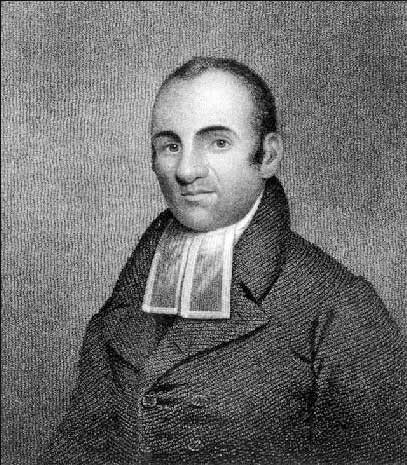Haynes, Lemuel

Haynes, Lemuel (1753-1833) Clergyman: Lemuel Haynes was born on July 18, 1753, in West Hartford, Connecticut, to an interracial couple. He spent his early years as a domestic servant, then enlisted as a minuteman in the colonial army. After joining the forces at Roxbury, Massachusetts, then, in 1776, was a volunteer in the expedition to Ticonderoga. When the Northern Campaign closed, he returned to his home in Granville, New York. There, he worked on a farm, educated himself and became something of a Latin and Greek scholar in a relatively short time. In November 1680, he was approved to be a candidate for the ministry, and was invited to preach in the pulpit of a Congregational church in Granville. Haynes married Elizabeth Babbat in September, 1783, and was ordained by the Association of Ministers of Litchfield County in 1785. After preaching for two years in Torrington, he resigned due to the racial prejudice in his congregation. When he was called to Rutland, he ministered successfully for thirty years. In 1805, he published his "Sermon Against Universalism," in reply to Hosea Ballou. Haynes moved to Manchester in 1818, in which the Boom brothers were convicted and sentenced to death by hanging for the alleged murder of an insane man named Russel Calvin. Haynes visited the brothers in prison, and became convinced that they were innocent. He appeared as their advocate, and prayed for them. A few days before the date of execution, the supposedly murdered Calvin returned to Manchester, clearly alive. In 1822, Haynes was called back to Granville, New York, where he served as a pastor until his death on September 28, 1833. Haynes was remembered for his intelligence, keen wit and eager thirst for knowledge.
